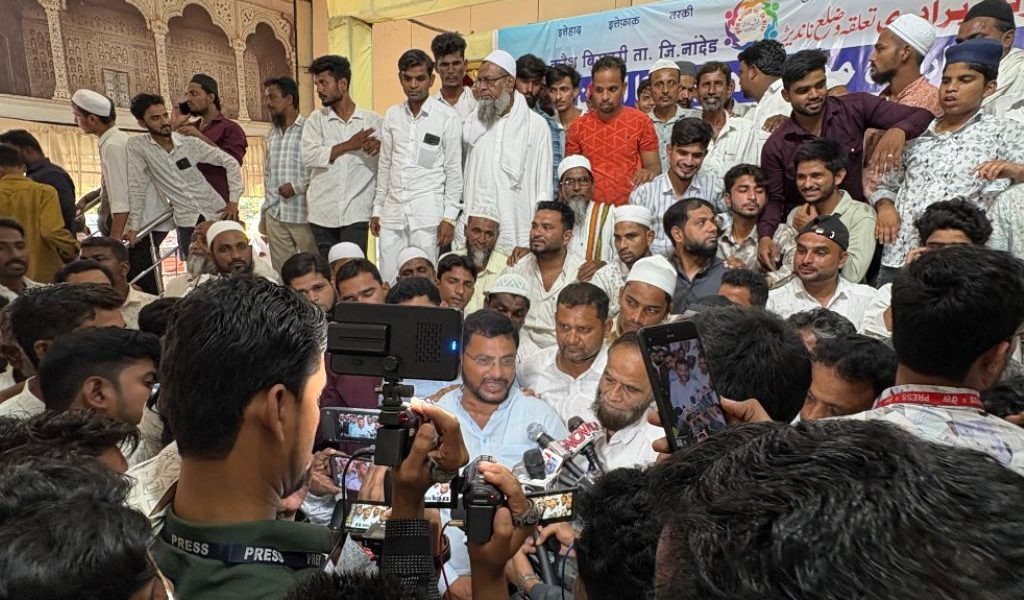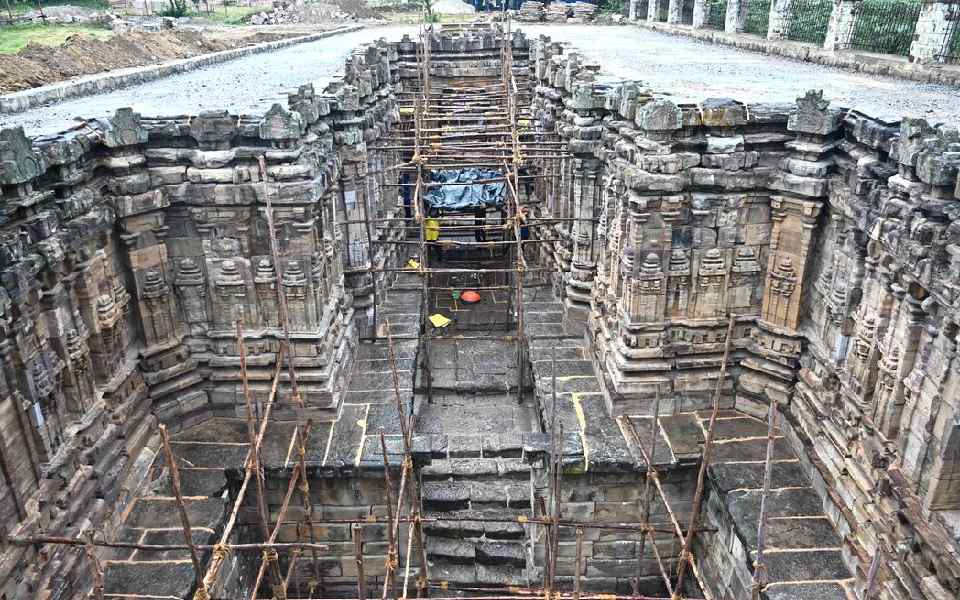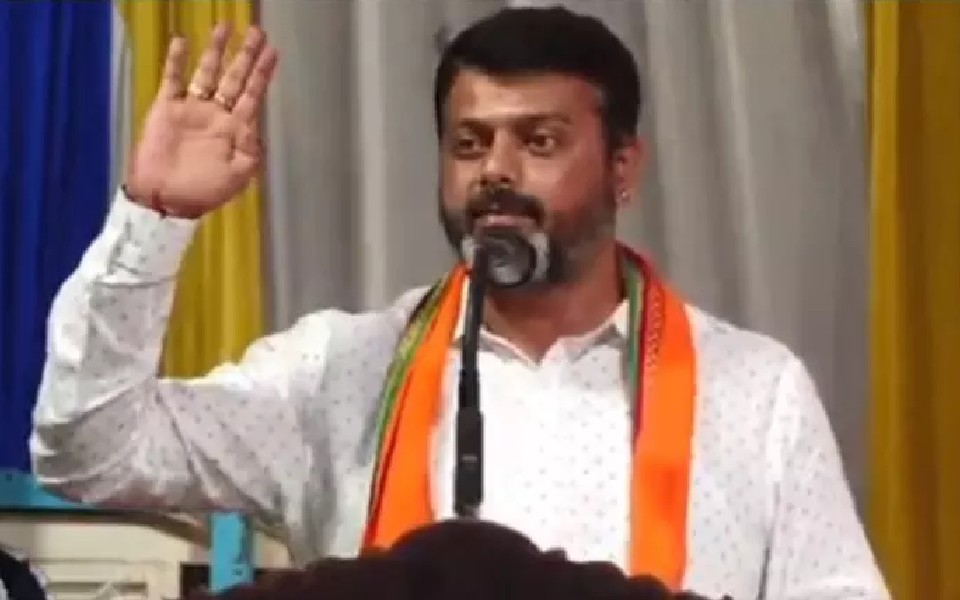Mumbai: In a rare act of coordinated protest, Muslim Qureshi butchers across Maharashtra have indefinitely halted their trade in bovine meat, citing a decade of violence and harassment by self-proclaimed “gau rakshaks”. The boycott, which began in Nagpur and has since spread statewide, is expected to severely impact rural farmers and the meat economy.
According to a report by The Wire, journalist Sukanya Shanta highlights how the Qureshi community, already reeling under the 2015 amendment to the Maharashtra Animal Preservation Act, has faced increasing violence, often with alleged police complicity. Despite only slaughtering buffaloes (which remain legal with certification), community members say they are frequently targeted for being Muslim.
The boycott has far-reaching consequences. Farmers who depend on butchers to sell aged buffaloes may now be unable to invest in new livestock. Activists warn of broader economic disruptions, with estimates suggesting the meat industry generates hundreds of crores monthly.
Meanwhile, the state government is planning stricter anti-beef smuggling laws and considering withdrawal of cases against vigilantes. Community leaders and activists have criticised the administration’s silence on vigilante violence, calling it a criminalisation of Muslim livelihoods.
Let the Truth be known. If you read VB and like VB, please be a VB Supporter and Help us deliver the Truth to one and all.
Gadag: A centuries-old stepwell from the Kalyani Chalukya period is discovered into public in Sudi, a remote village in Karnataka’s Gadag district. The Nagakunda Pushkarani, dating to the 10th-11th century CE, is undergoing extensive restoration under the Department of Archaeology, Museums and Heritage’s ‘Adopt a Monument’ scheme.
The stepwell was focal point of community life and craftsmanship under the reign of Akkadevi, sister of Chalukya king Jayasimha II. It shows the dynasty’s mastery of architecture and water management. Its interior walls are carved with the precision of temple façades, setting it apart from most surviving stepwells in southern India, linking it stylistically to examples in Gujarat and Rajasthan.
After centuries of neglect left its sculptures weathered and its waters dry, the site is now being revived by the Deccan Heritage Foundation India in partnership with Heritage Matters, the Gandipet Welfare Society and the Water Literacy Foundation according to a report published by The HIndu. Work includes structural repairs, removal of invasive vegetation, dredging, stone resetting and landscaping, alongside the restoration of an adjacent mantapa with a large Ganesha idol.
Heritage architect B. Sarath Chandra noted, the project is as much about functionality as aesthetics, with water recharge efforts already underway. Funded by Gandipet Welfare Society founder Rajashree Pinnamenni, the restoration is slated for completion by late 2025, followed by a second phase linking the stepwell to the Jodu Kalasadagudi temple through landscaped pathways.
The report mentions that officials say the revival of Nagakunda Pushkarani could not only reintroduce Sudi’s Chalukya heritage to a wider audience but also serve as a model for conserving other lesser-known monuments across Karnataka.





